No Products in the Cart
FREE DELIVERY on orders over £50

Have a dog over 7 years old? - They qualify for FREE membership to our Senior Dog Club
|

Have a dog over 7 years old? - They qualify for FREE membership to our Senior Dog Club

March 1st, 2024
Yesterday (February 29th 2024), The Guardian's front page highlighted a study from the British Medical Journal linking ultra-processed human foods to health issues like heart disease and diabetes. Ultra-processed foods include ready-to-eat items, snacks, fizzy drinks, and ready meals. Dry and wet pet foods can be processed to some extent, but not all are ultra-processed, which involves additives and low-nutrient ingredients like fats and sugars.
Processes like cooking or pasteurising can improve food safety and contribute to better health outcomes. In addition, not all additives are harmful. Minerals and vitamins are also additives, but these are usually missing from ultra-processed human foods such as cakes or sweets. For pets, processing ingredients can improve digestibility, palatability and ensure the food is complete and balanced (so there are no nutrient deficiencies).
Vet’s Kitchen pet food contains added ingredients for functional health, including prebiotic fibre sources such as chicory root to support gut health. In addition, our range of foods, none of which contain added sugars, colourings or chemical preservatives, contains carefully balanced fat levels and optimum fibre levels for different lifestages.
However, if you would like to incorporate more whole foods into your dog's diet, the best way to do this is with occasional supplementation. Unfortunately, home-cooked recipes are almost always deficient in at least one nutrient, so a complete and balanced diet is best as the main meal with additional ingredients. Vegetables such as raw or cooked carrot, green beans, broccoli, cauliflower, red or yellow peppers (not the spicy type!), and fruit, including things like apple, blueberries and raspberries, will not only provide your dog with fibre, but they are a great source of antioxidants too.
The best additions for dogs trying to lose weight are water-rich foods such as cucumber and watermelon.
Feeding a home-cooked meal with lean meat or fish and veg once a week as a treat is fine, however if your dog has food allergies or a sensitive stomach it is often best to make gentle and minimal changes to their diet.
For more advice please contact our nutritionist on 01793 887555 or nutrition@vetskitchen.co.uk
What our customers say
Read our reviewsDelivered to your door
FREE DELIVERY on orders over £50What’s in our food?
Find out more about recipes and ingredientsVet Know-how
Read our helpful expert tips




